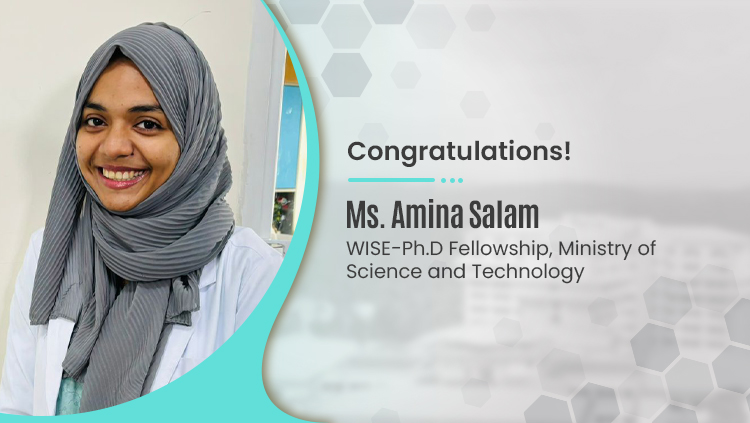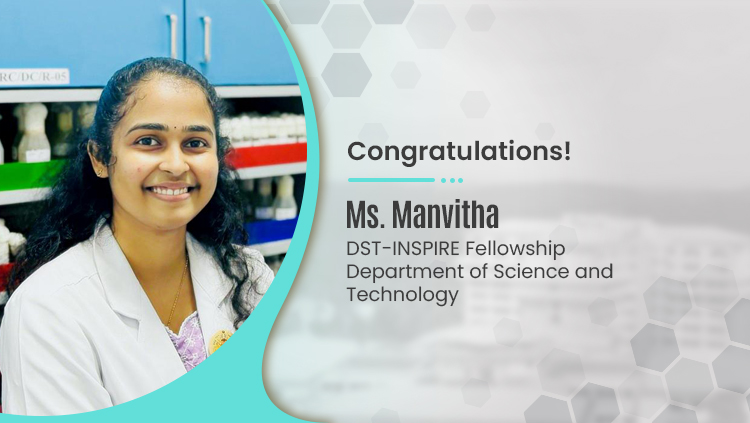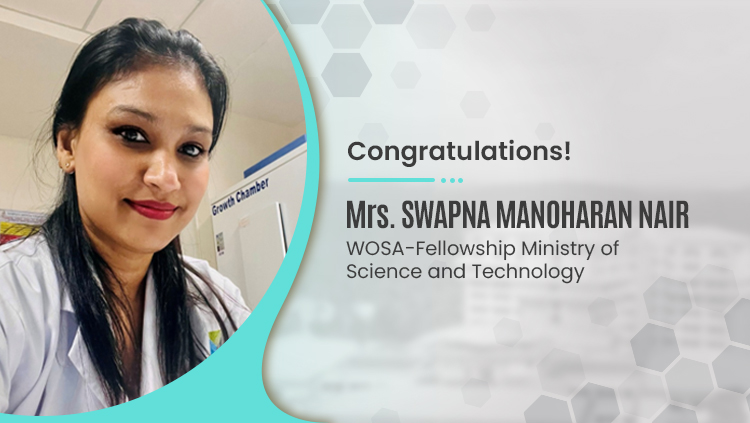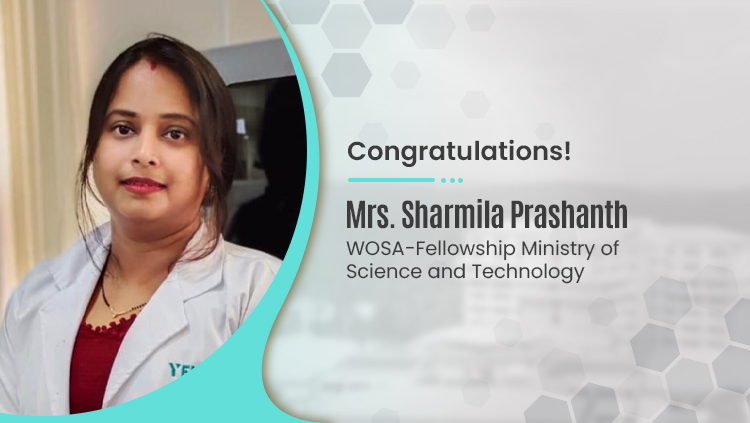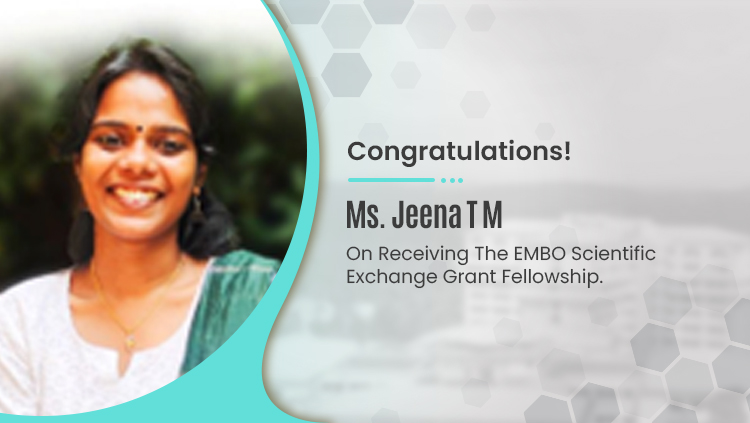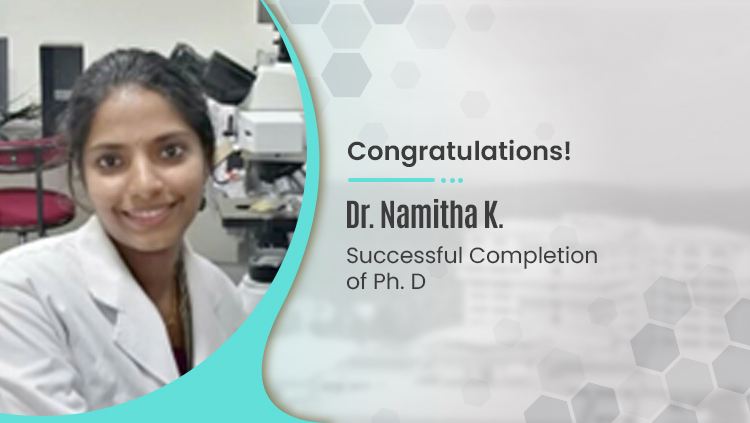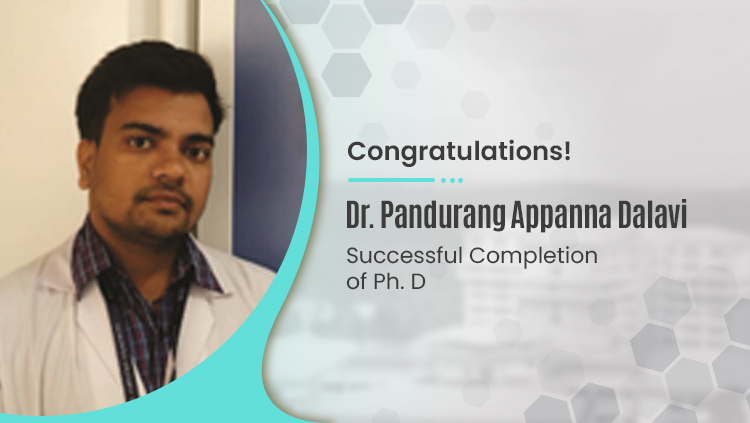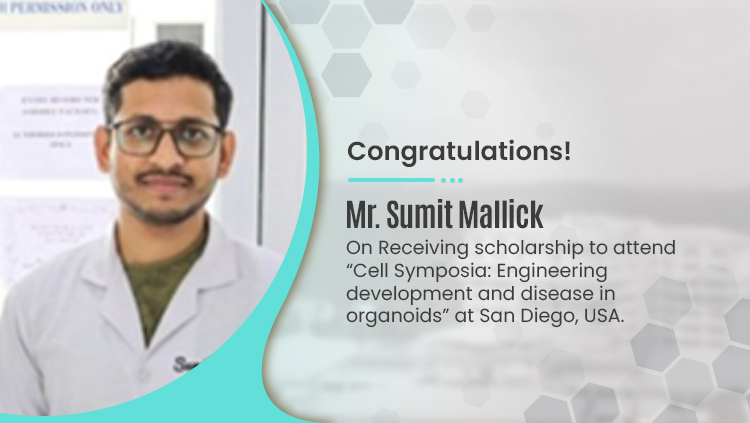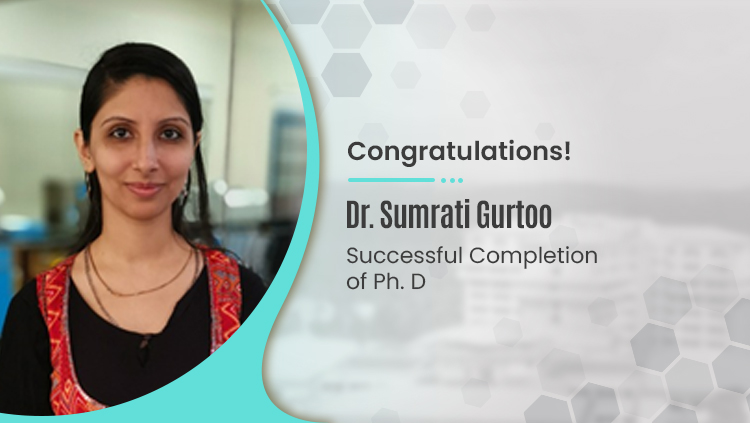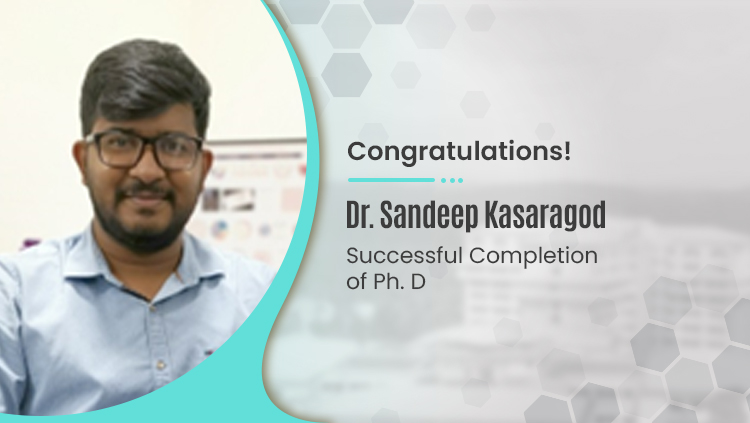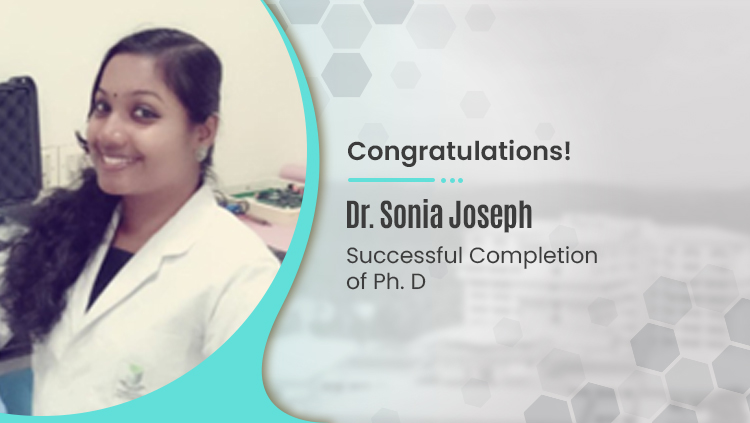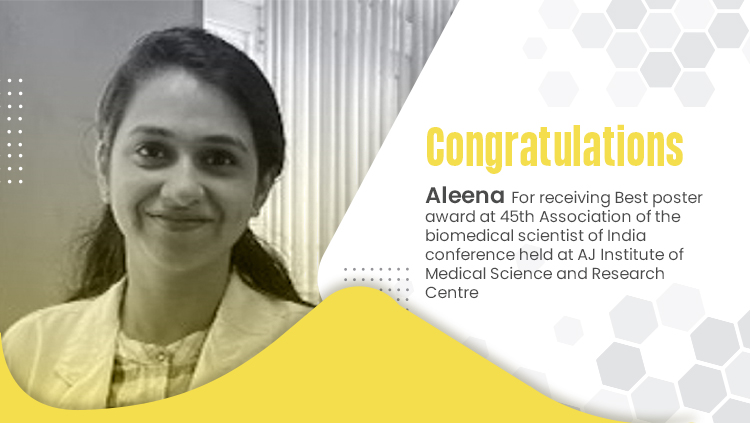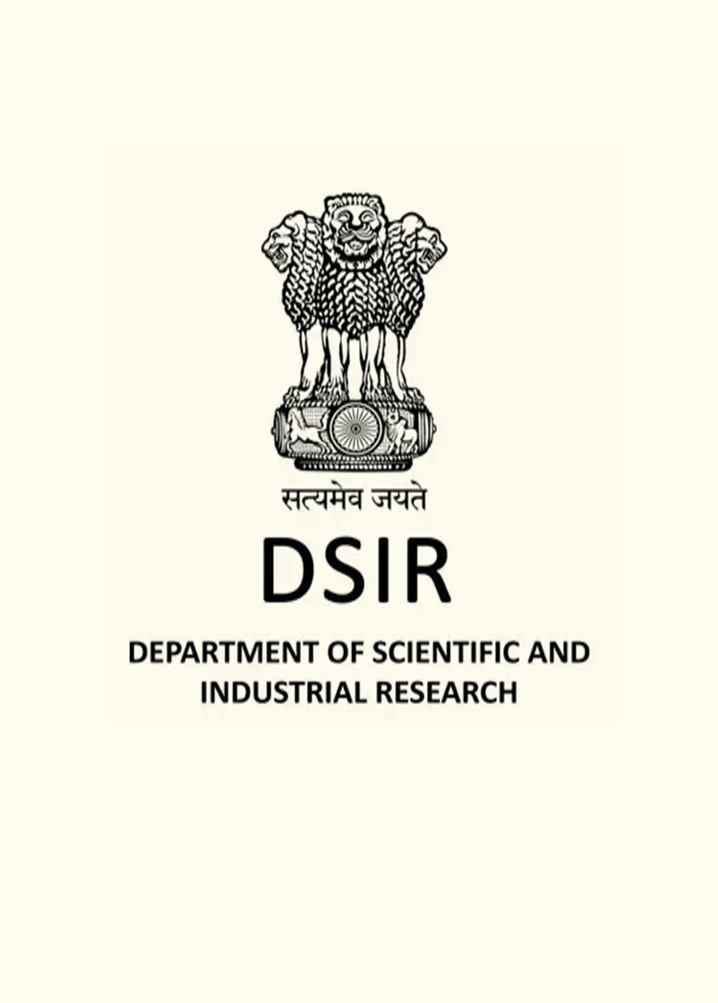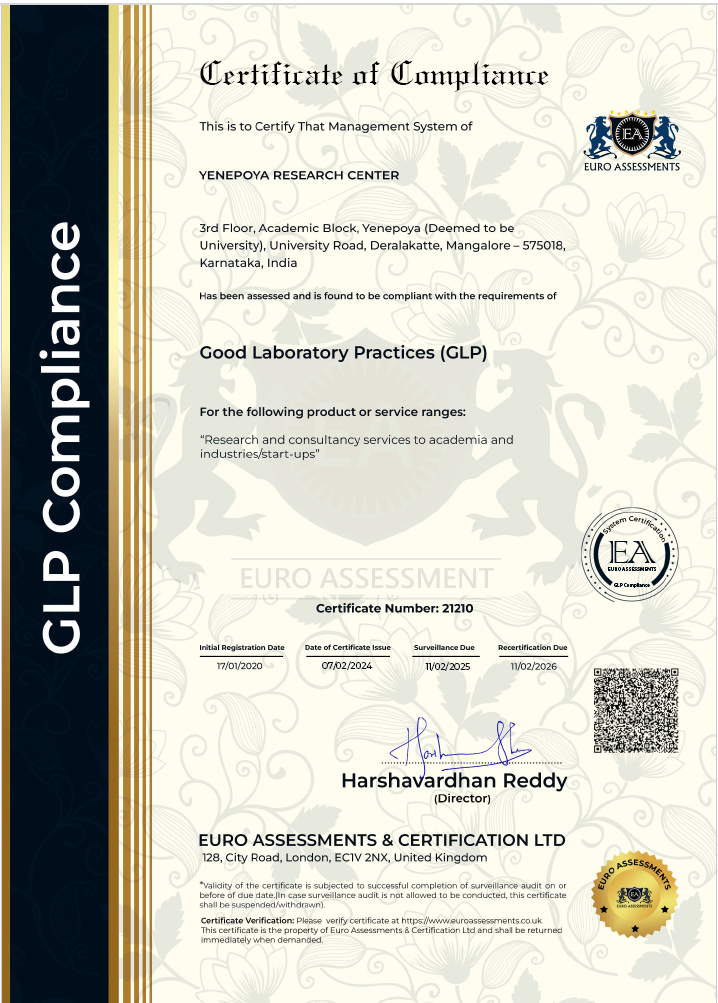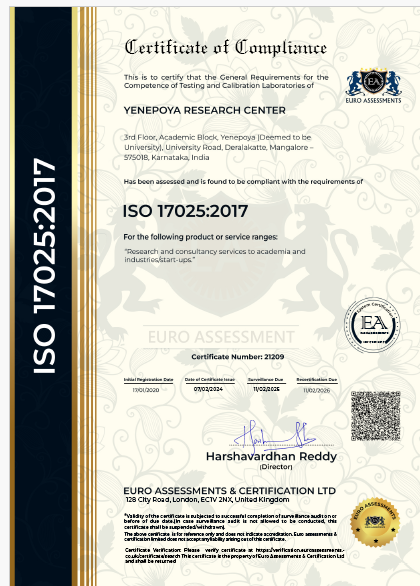The Yenepoya Research Centre (YRC), established in 2008, is a constituent unit of Yenepoya (Deemed to be University). YRC is devoted to multidisciplinary research spanning fundamental, applied, and translational research. YRC has state-of-the-art facilities and resources to foster cutting-edge research and innovation involving various stakeholders. The Centre adheres to the highest ethical standards, research integrity, follows Good Laboratory Practices, and holds ISO 17025:2017 compliance certification.The biomedical research at YRC is complemented with the Yenepoya Medical College Hospital with super-speciality departments and other constituent institutions, including those specialising in alternative medicine. The passionate research team with international experience under a collaborative and inclusive environment drives the achievements by adpating transformative emerging technologies. The academic programs offered by YRC lays a robust foundation for a promising R&D career in academia and industry, as evidenced by the global alumni presence. YRC plays a pivotal role in promoting entrepreneurship among students and faculties through the Yenepoya Technology Incubator. The research thrust areas align with the nation’s effort in achieving the United Nations Sustainable Development Goals, while addressing the challenging issues at regional and national priority areas.
Vision
To generate new knowledge towards national development through quality research integrated with the highest ethical standards
Mission
To engage in high quality research integrating both basic and translational research across multiple disciplines, driving towards therapeutics of human health
To cultivate critical thinking that can spark creativity and innovation among students and young researchers to make them leaders in the field of science and technology





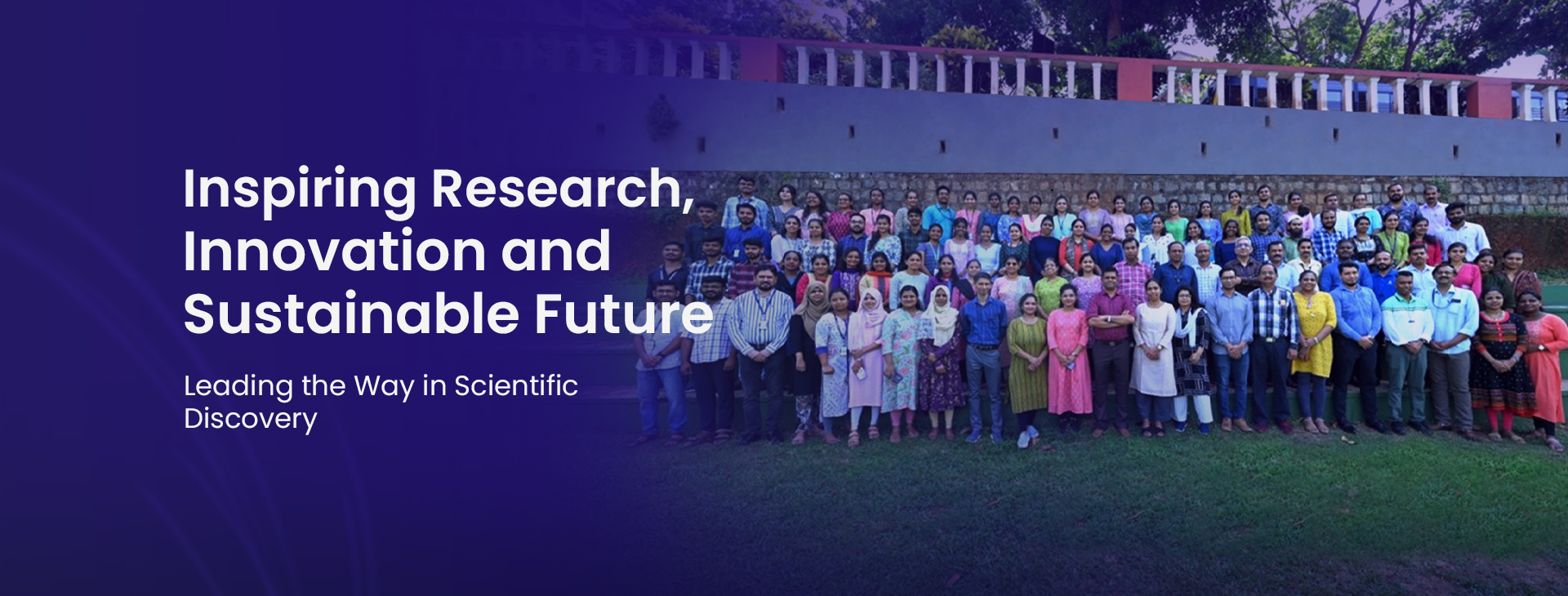
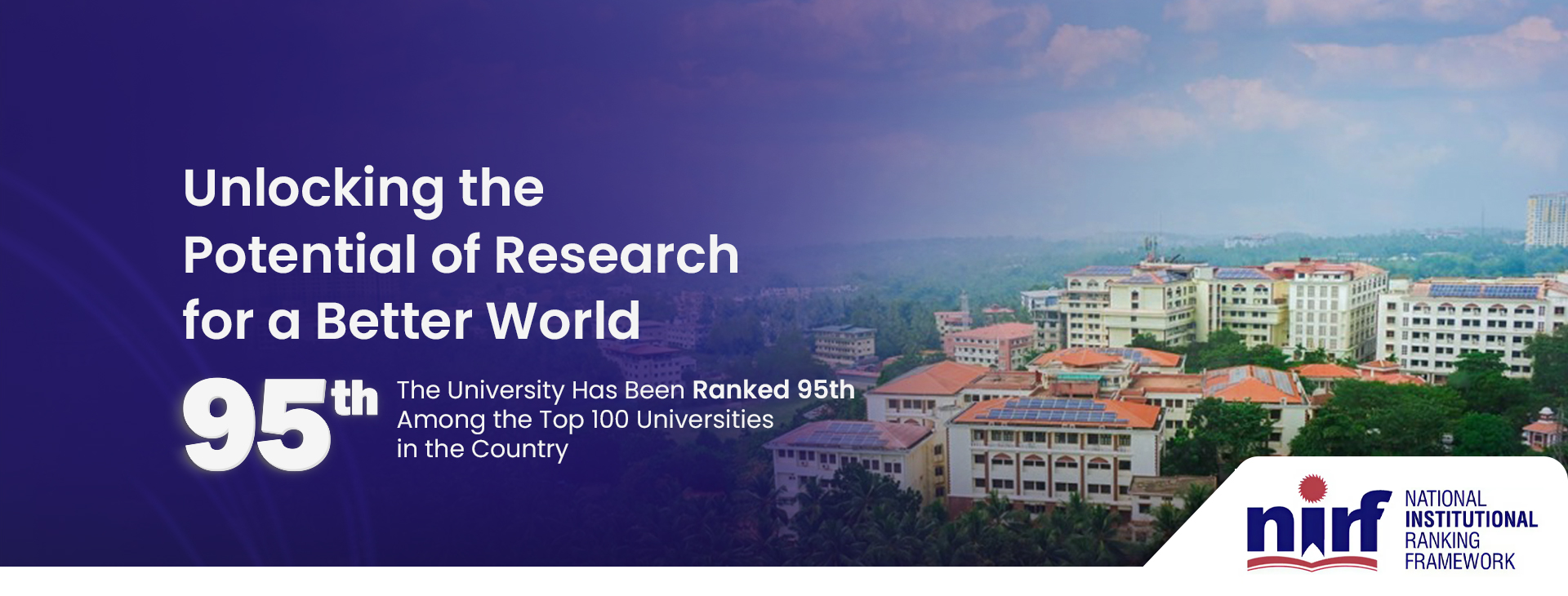
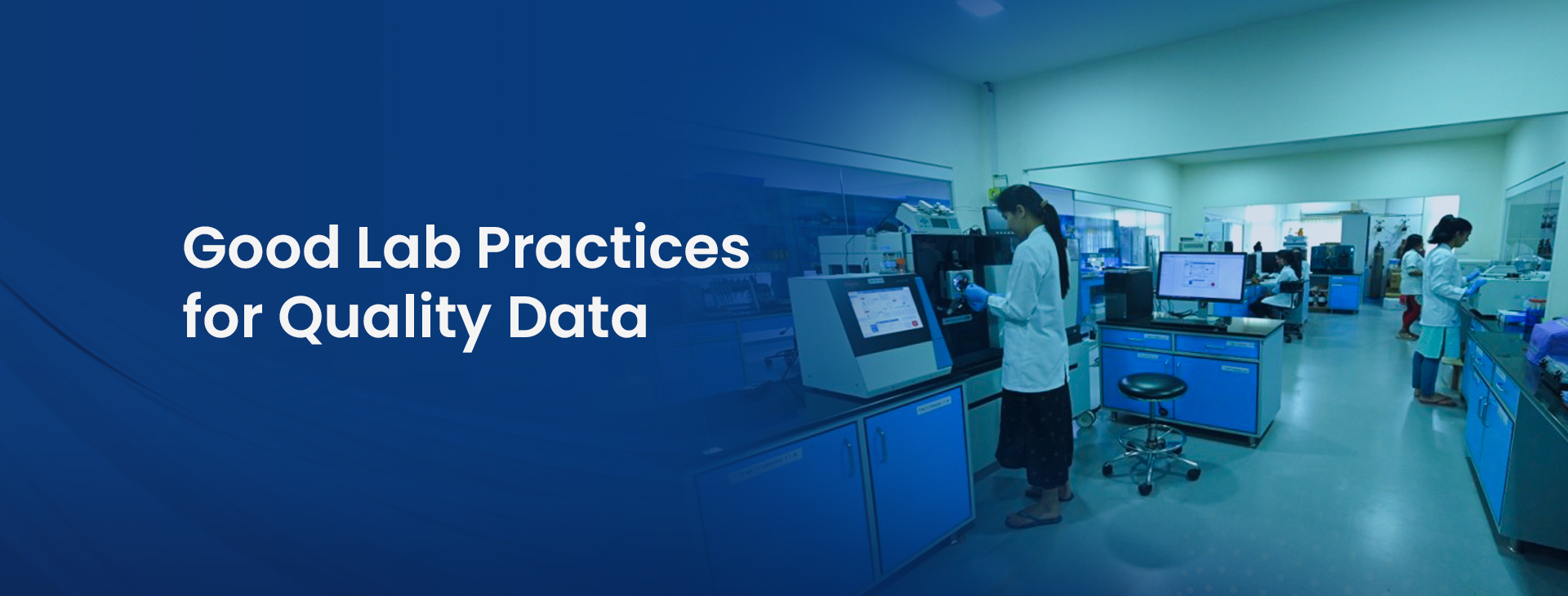
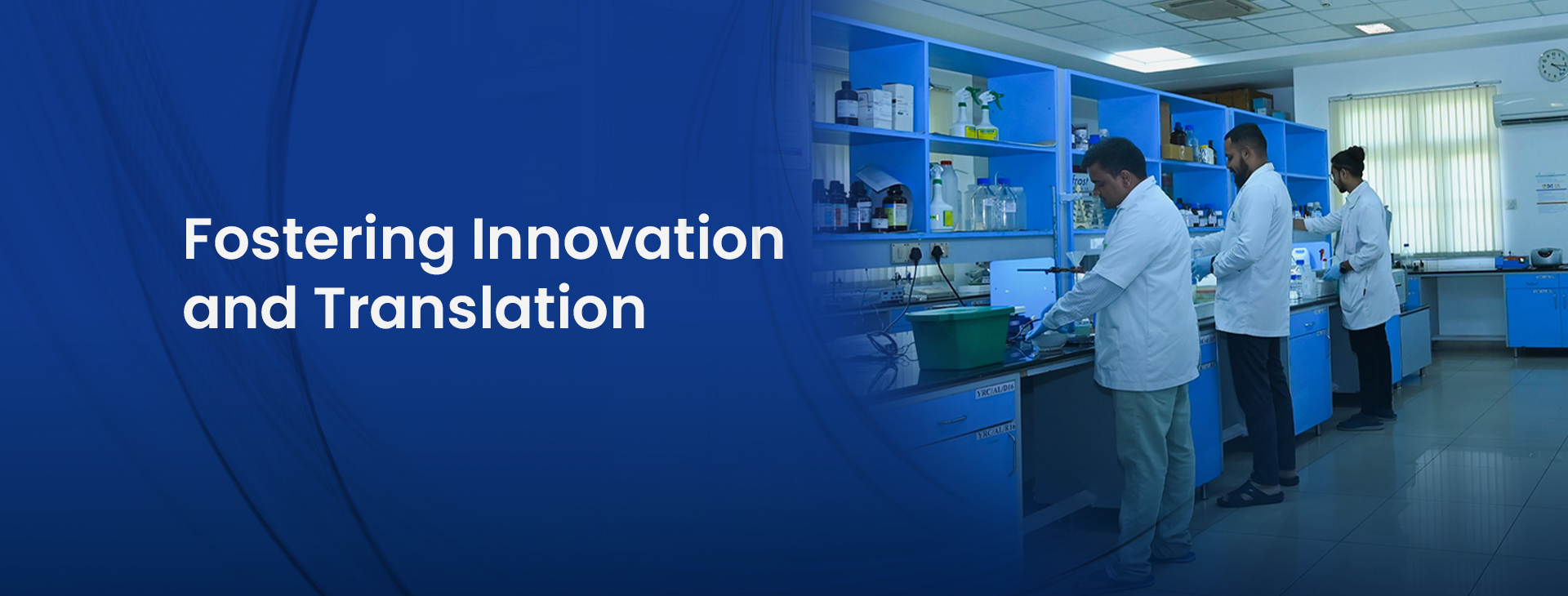
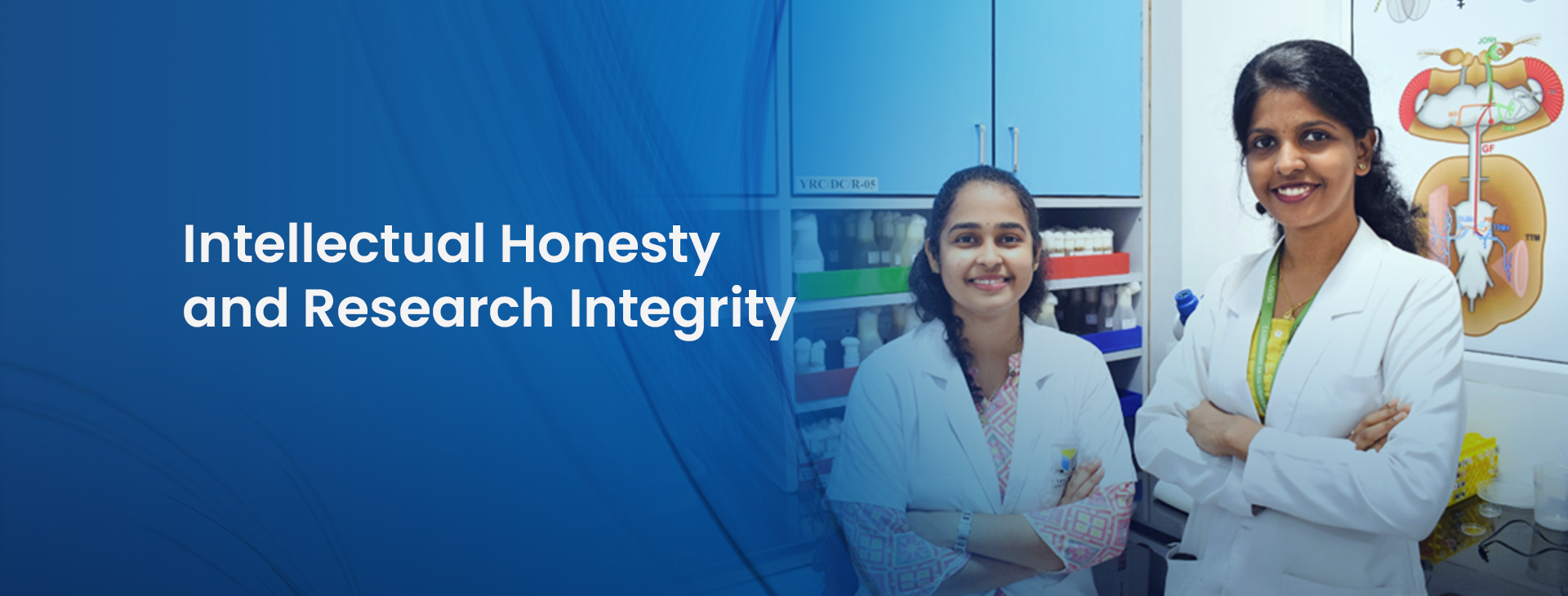










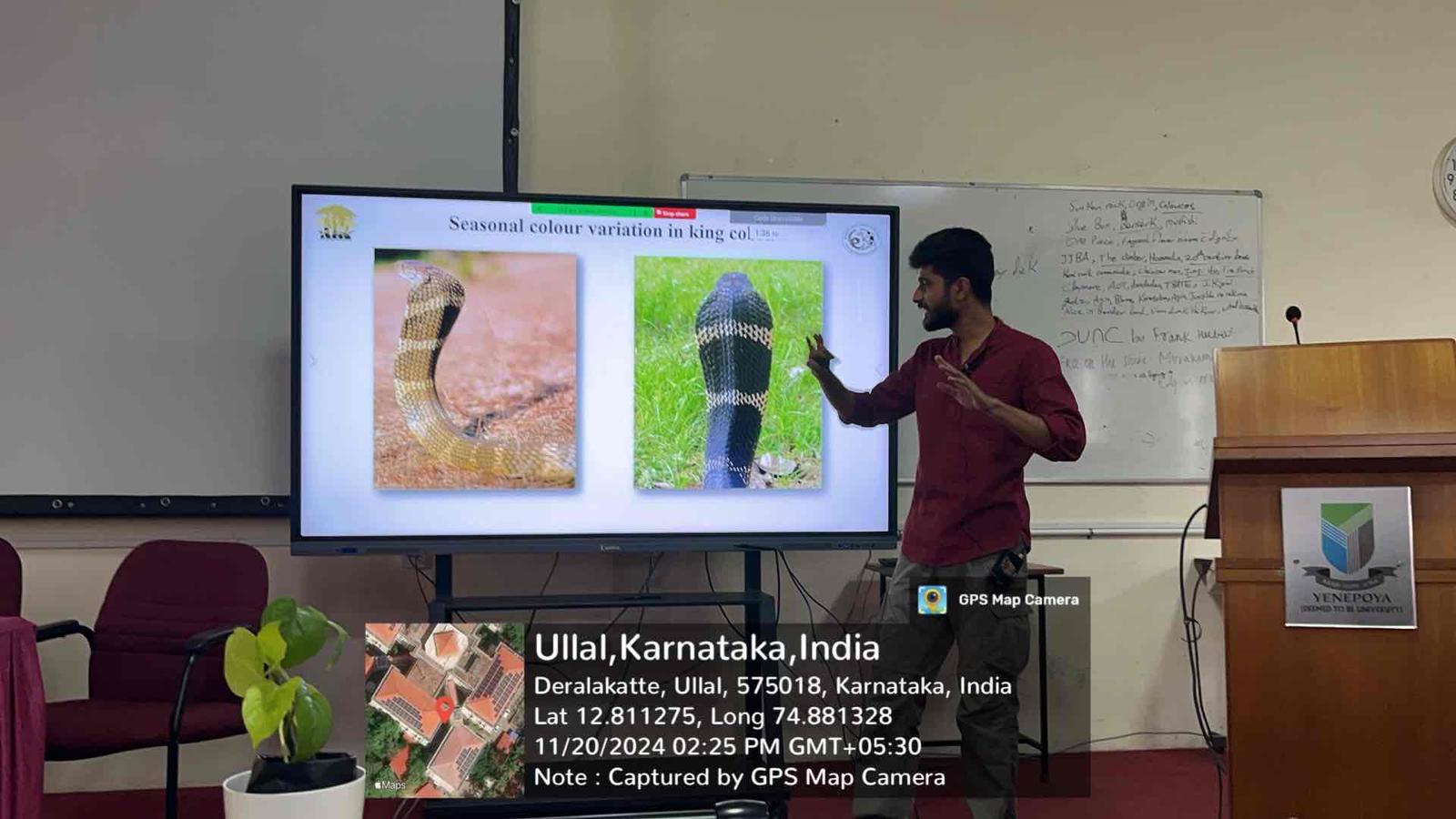
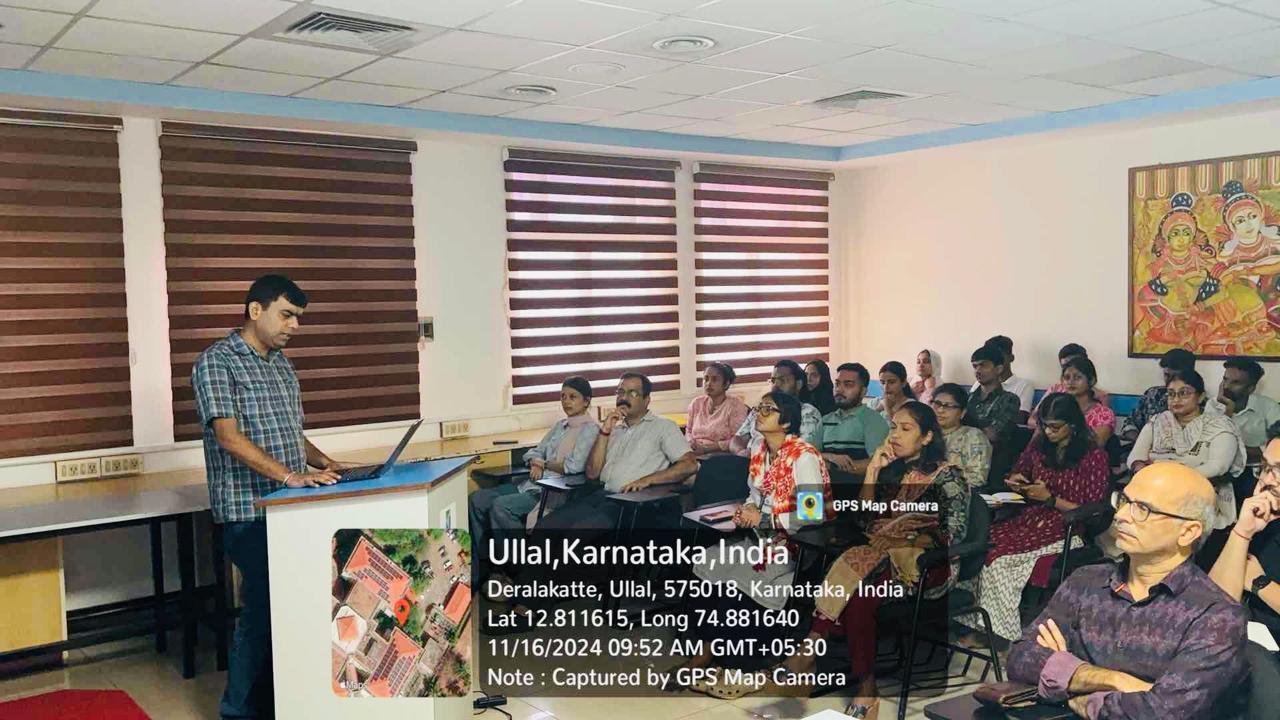
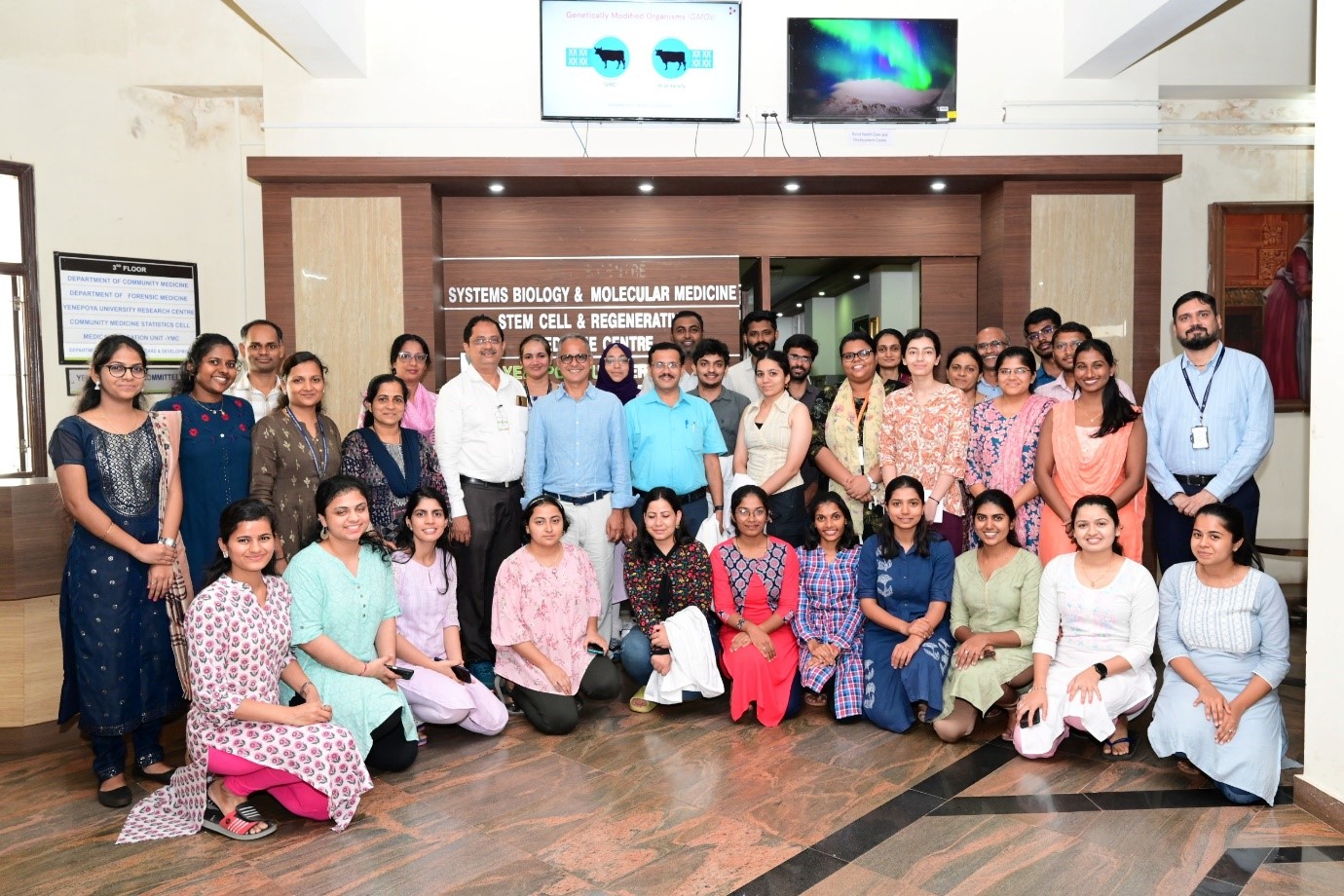
.jpeg)

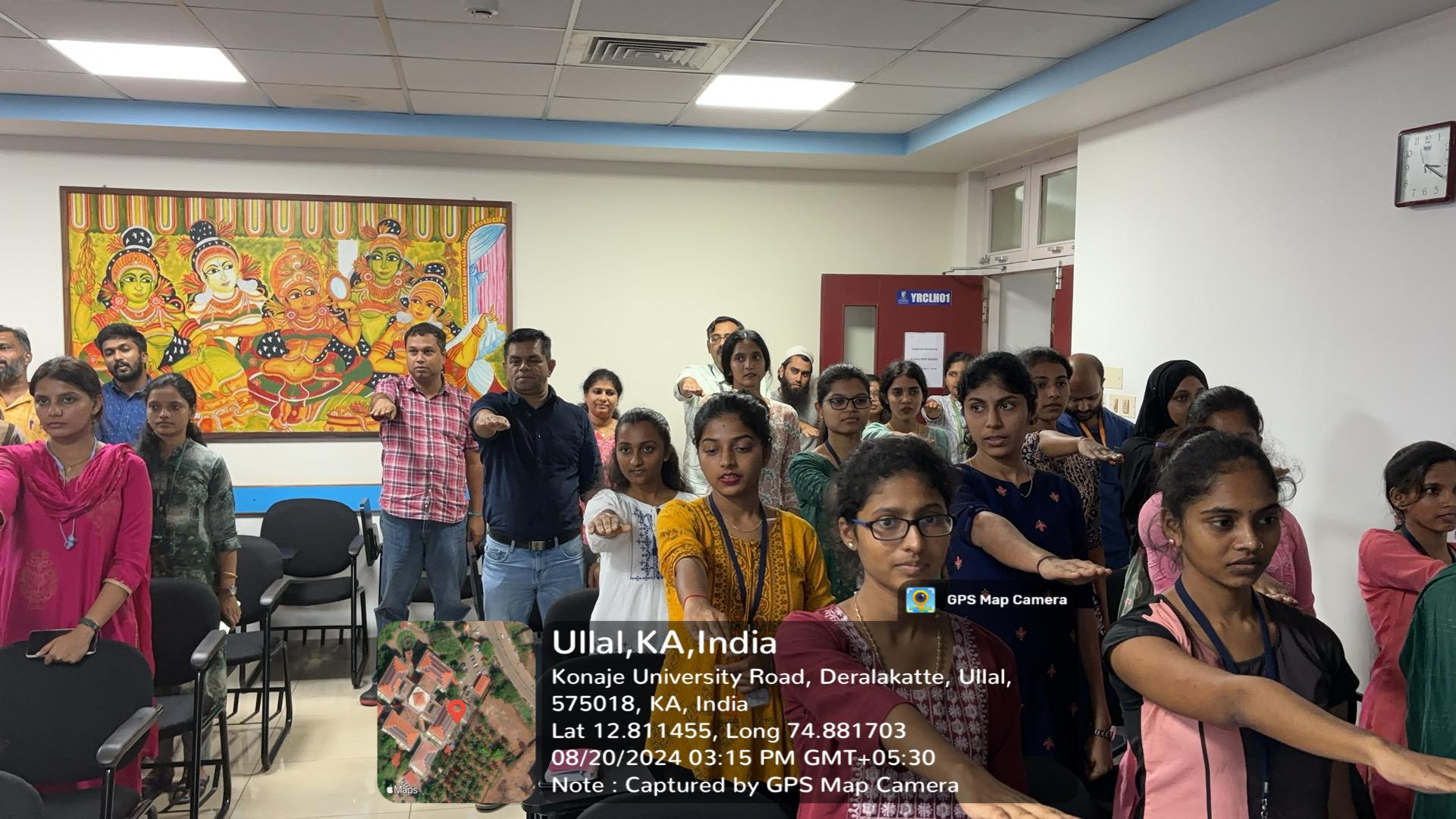

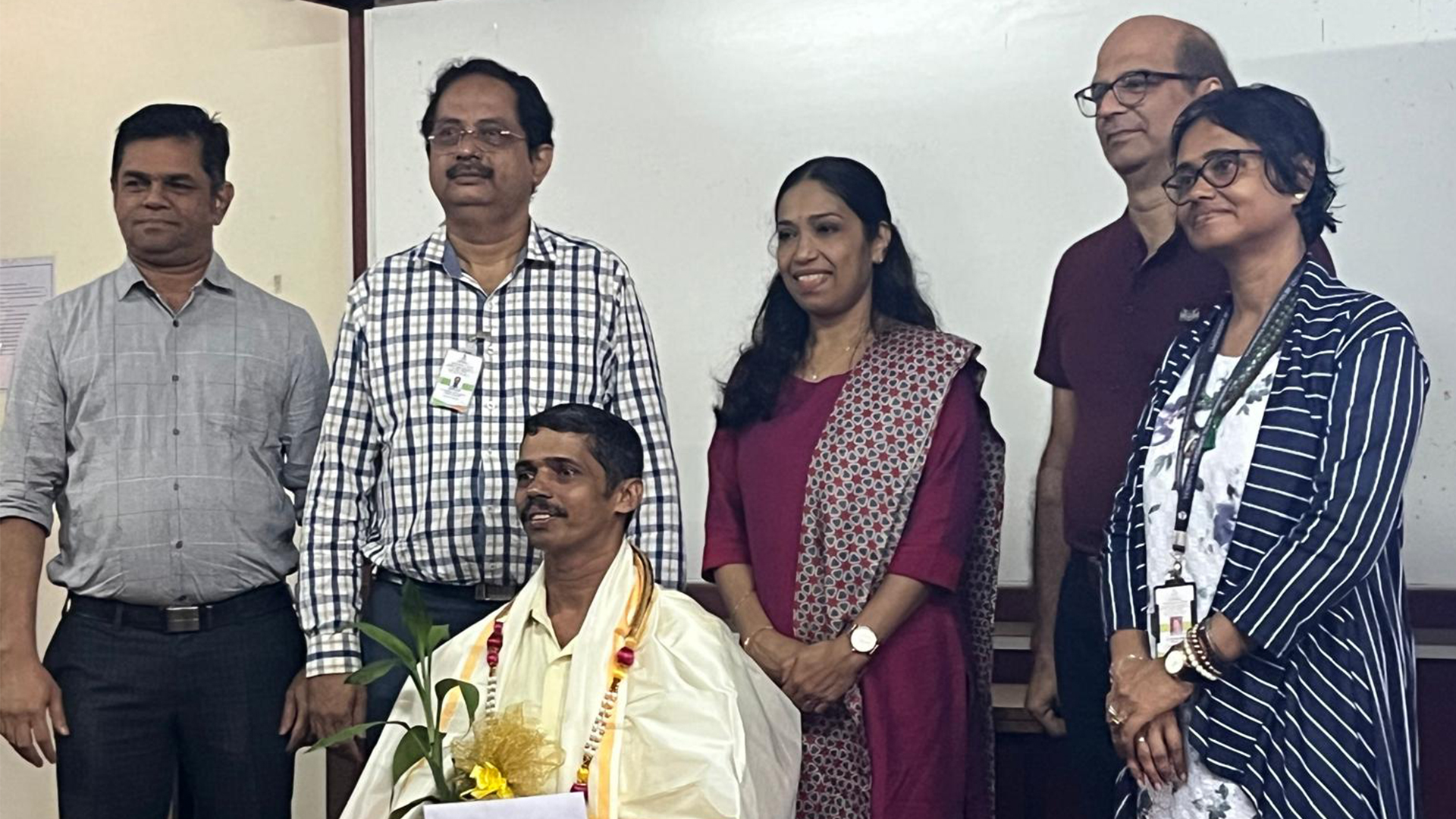
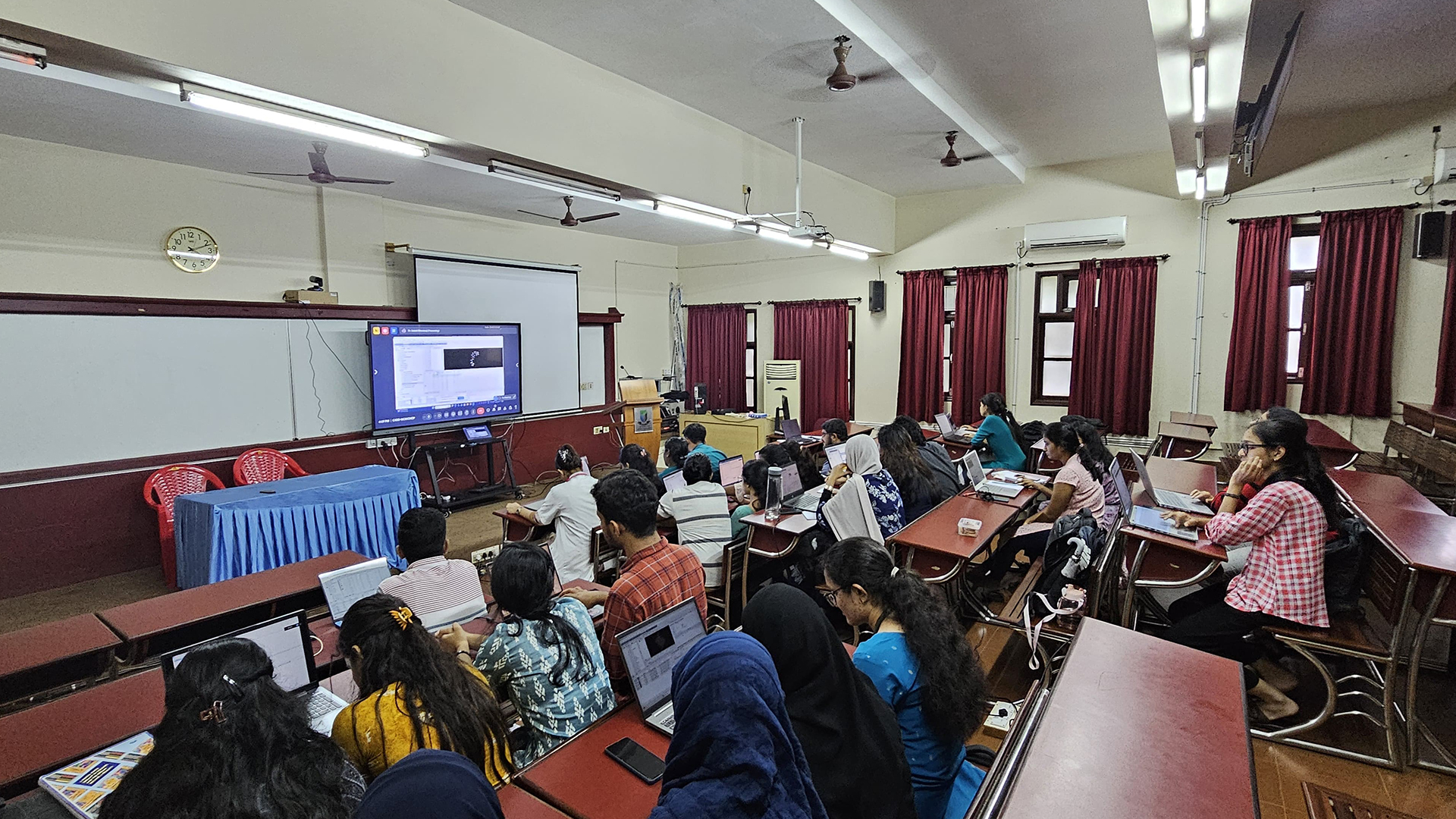
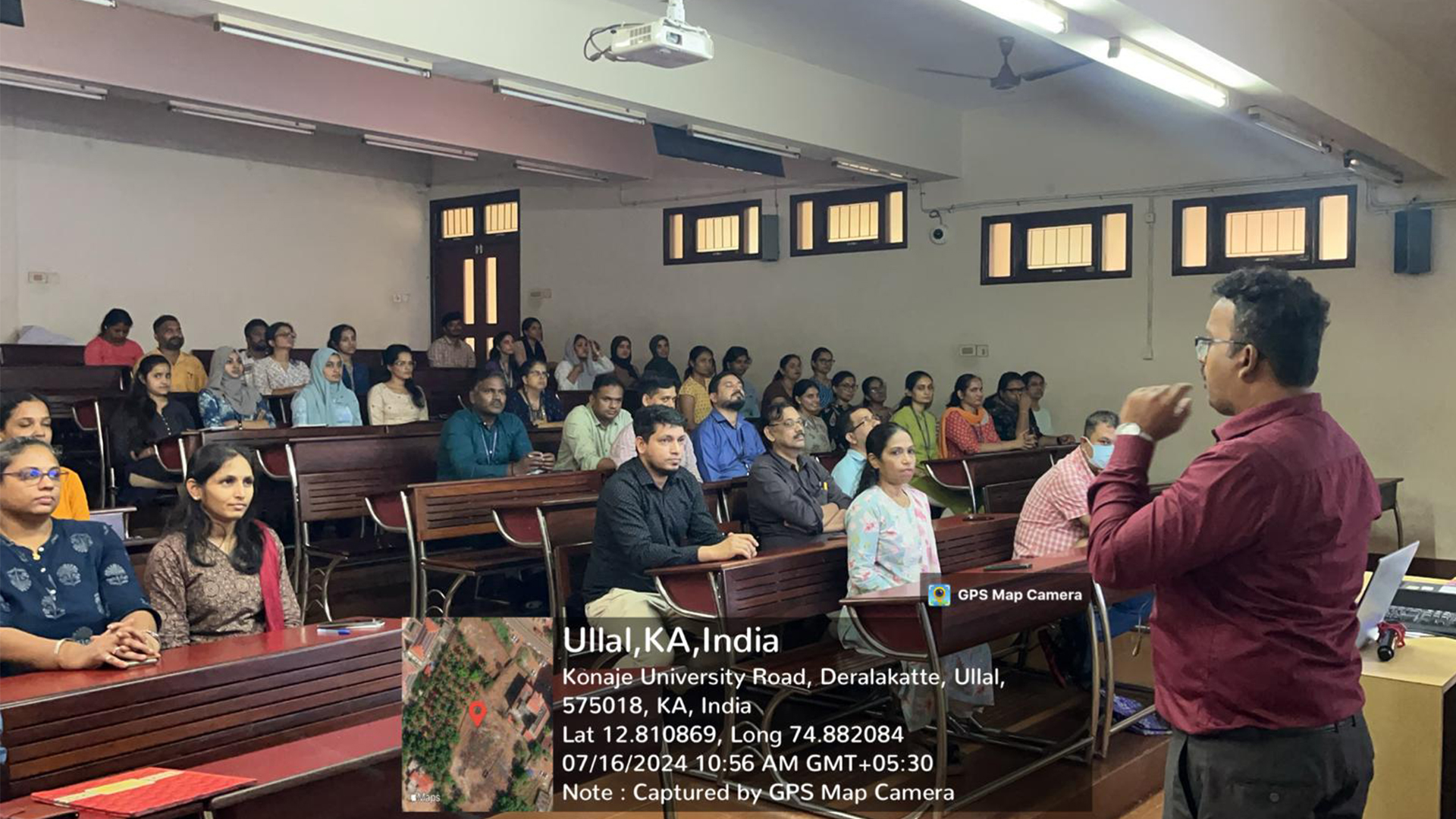
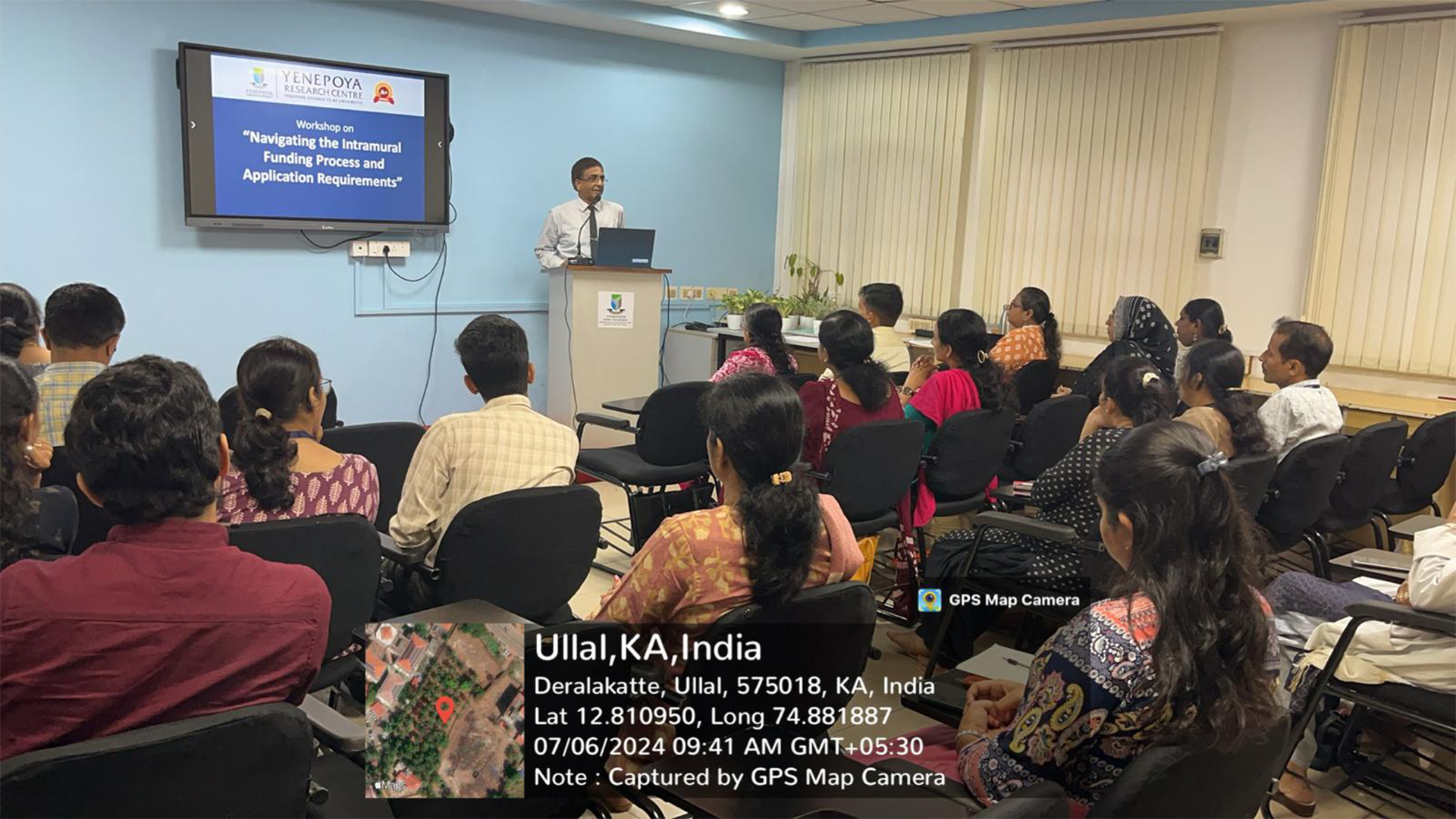
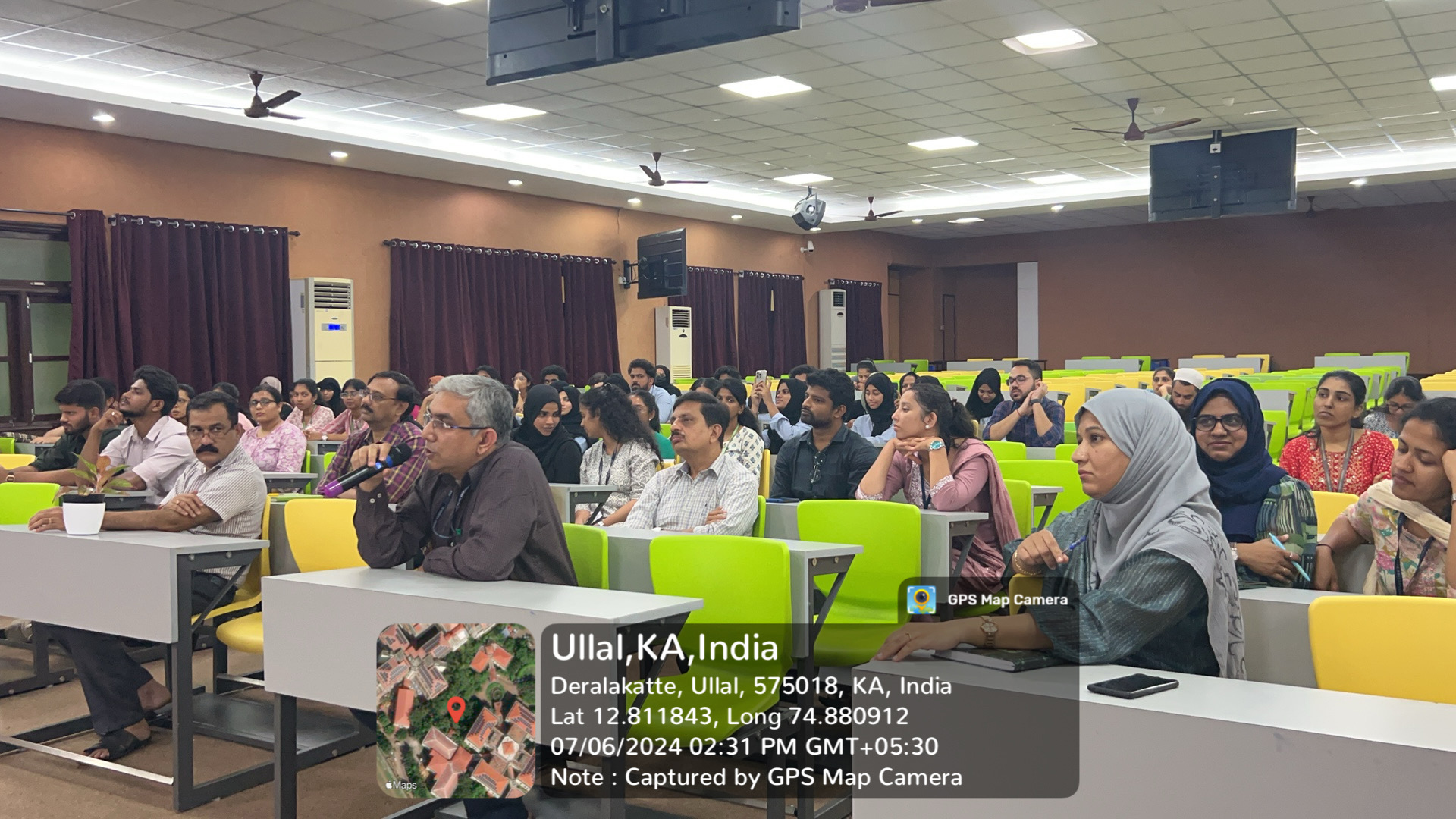
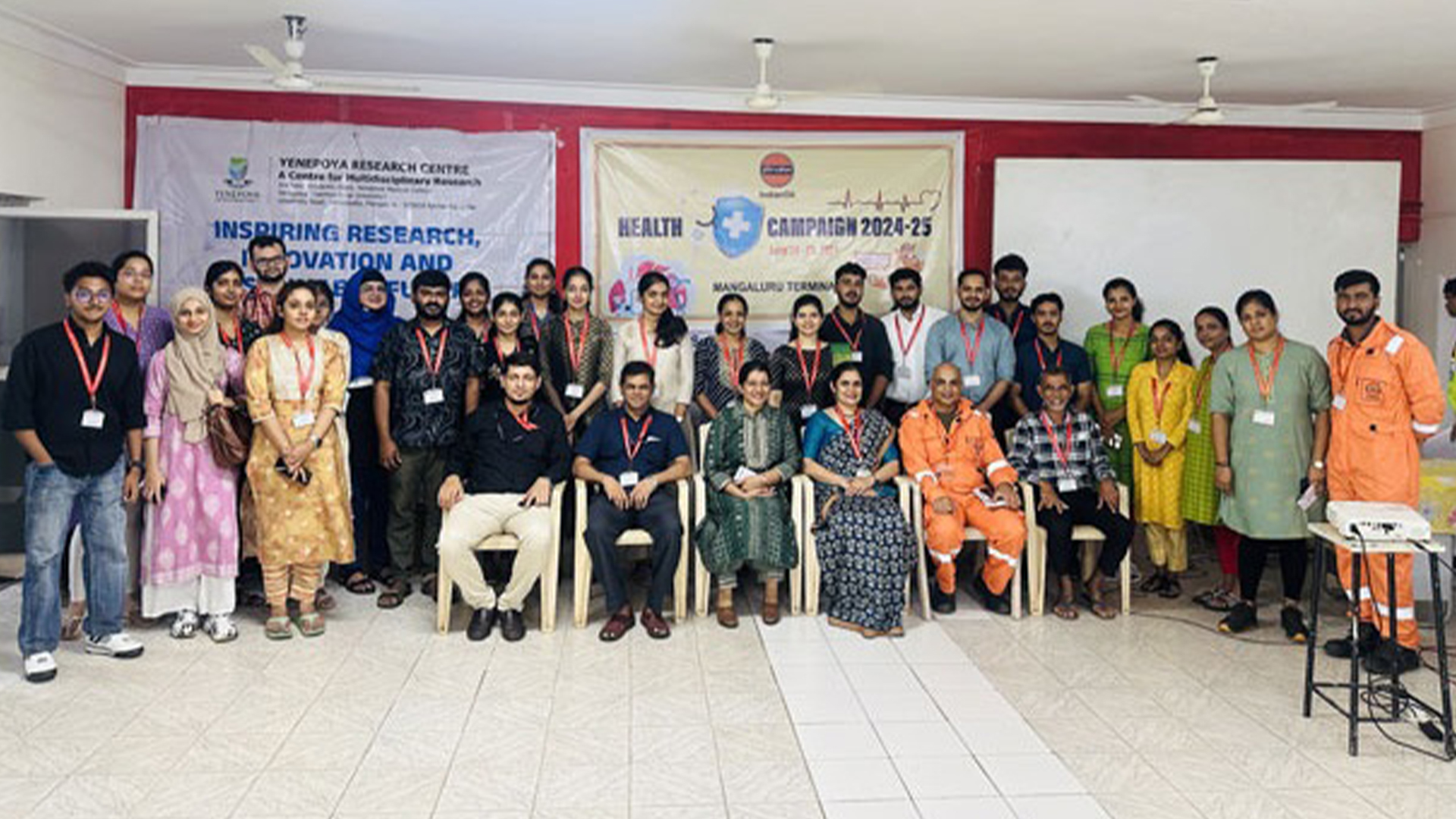
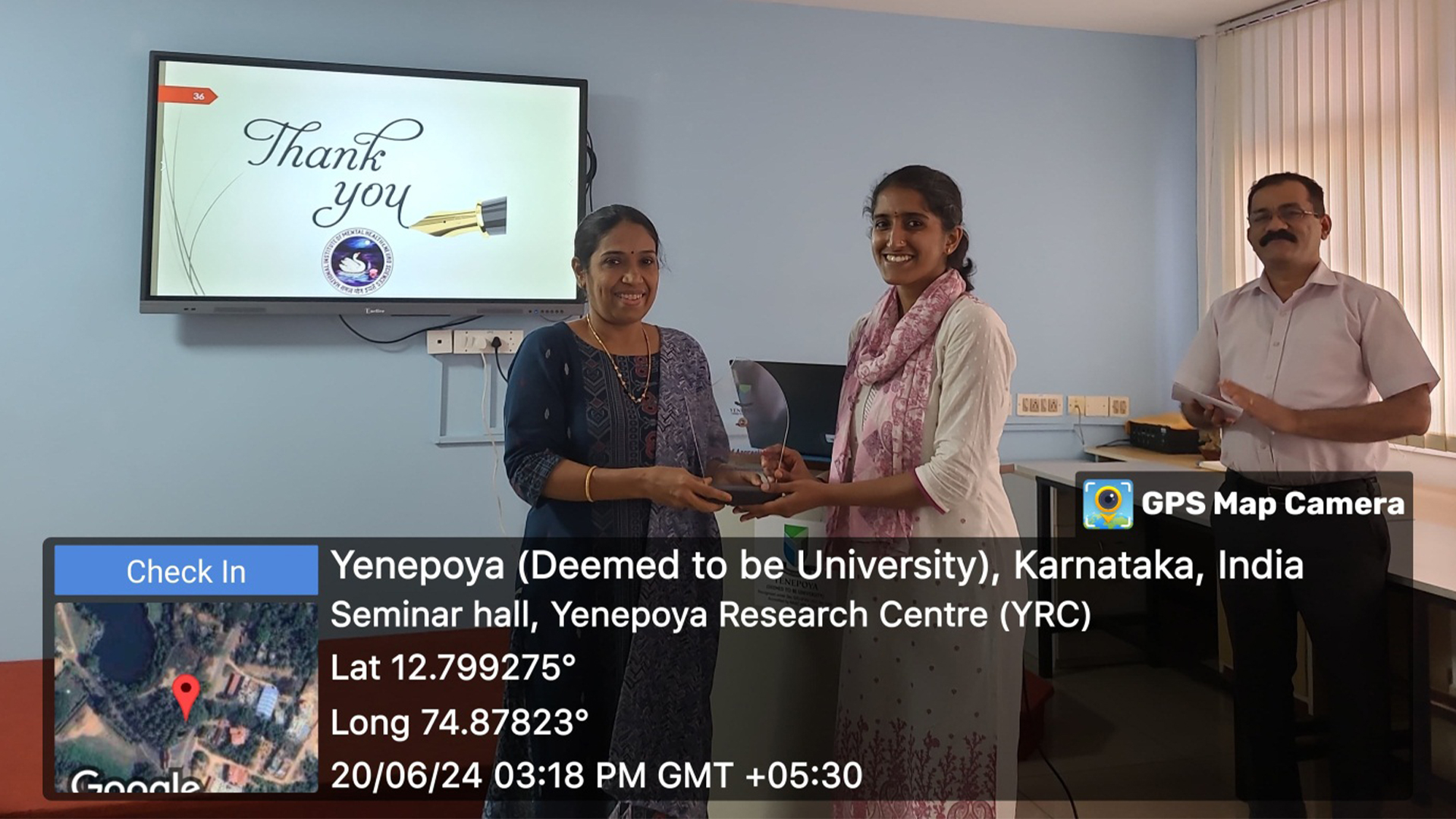
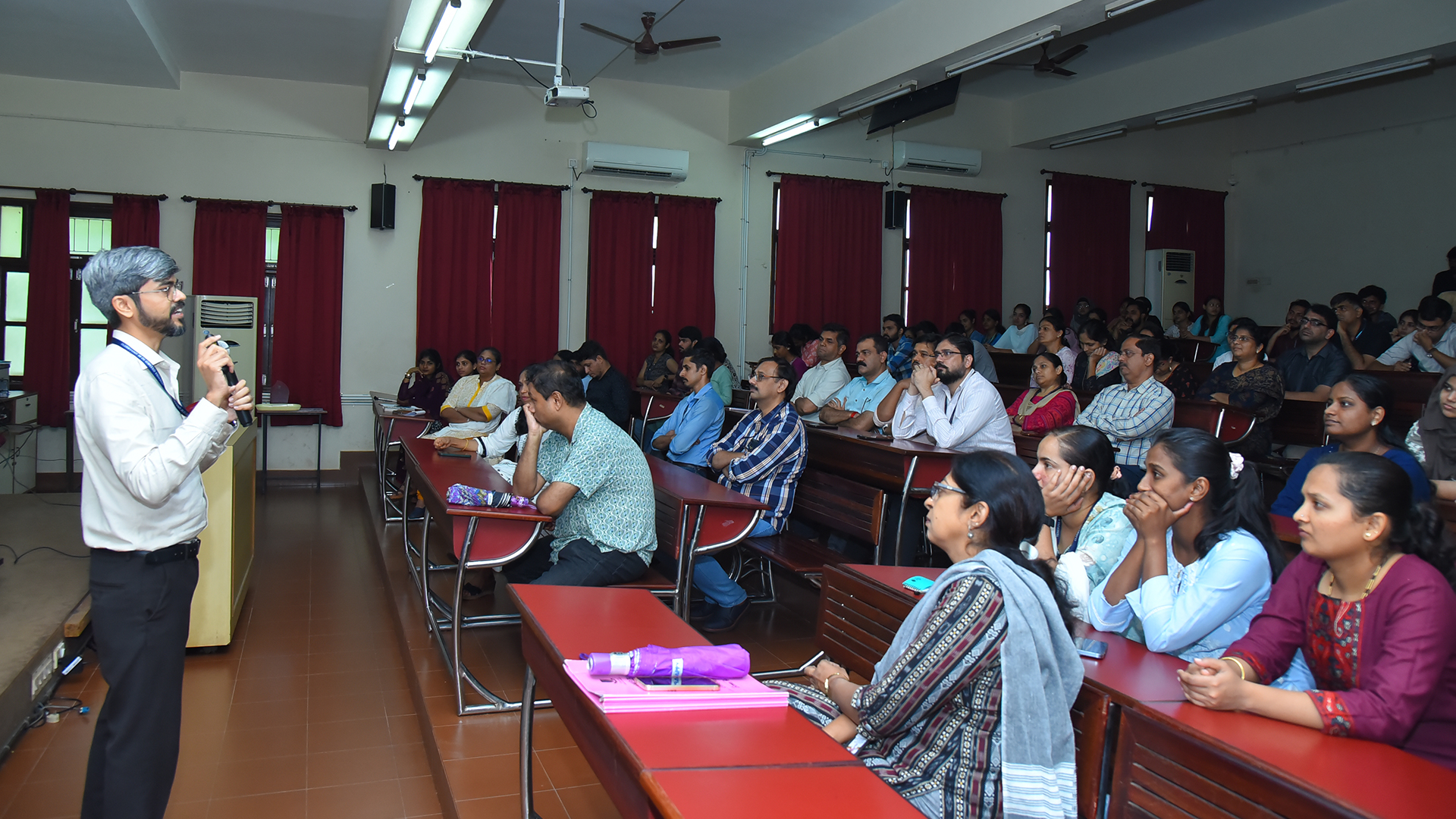
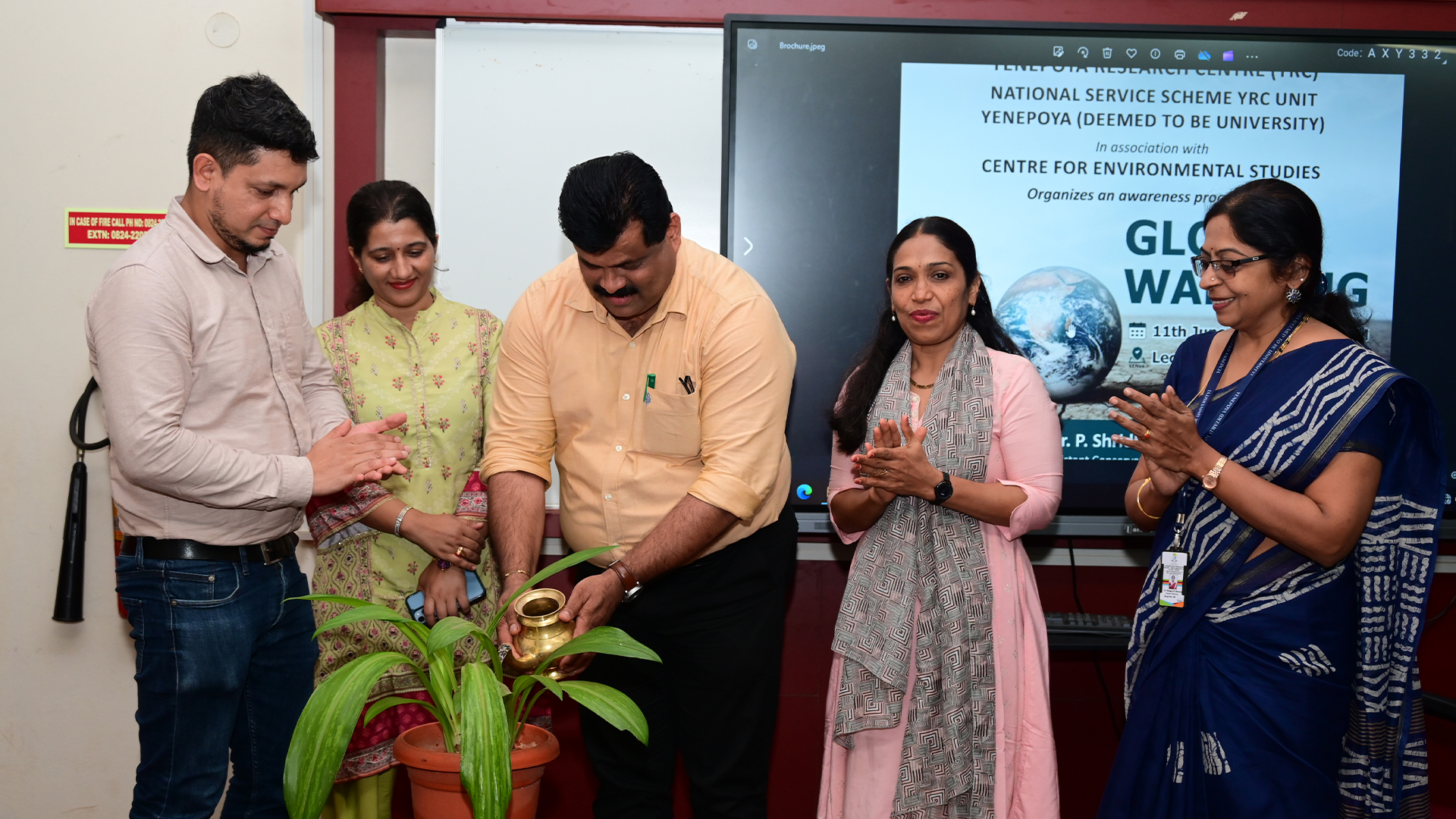
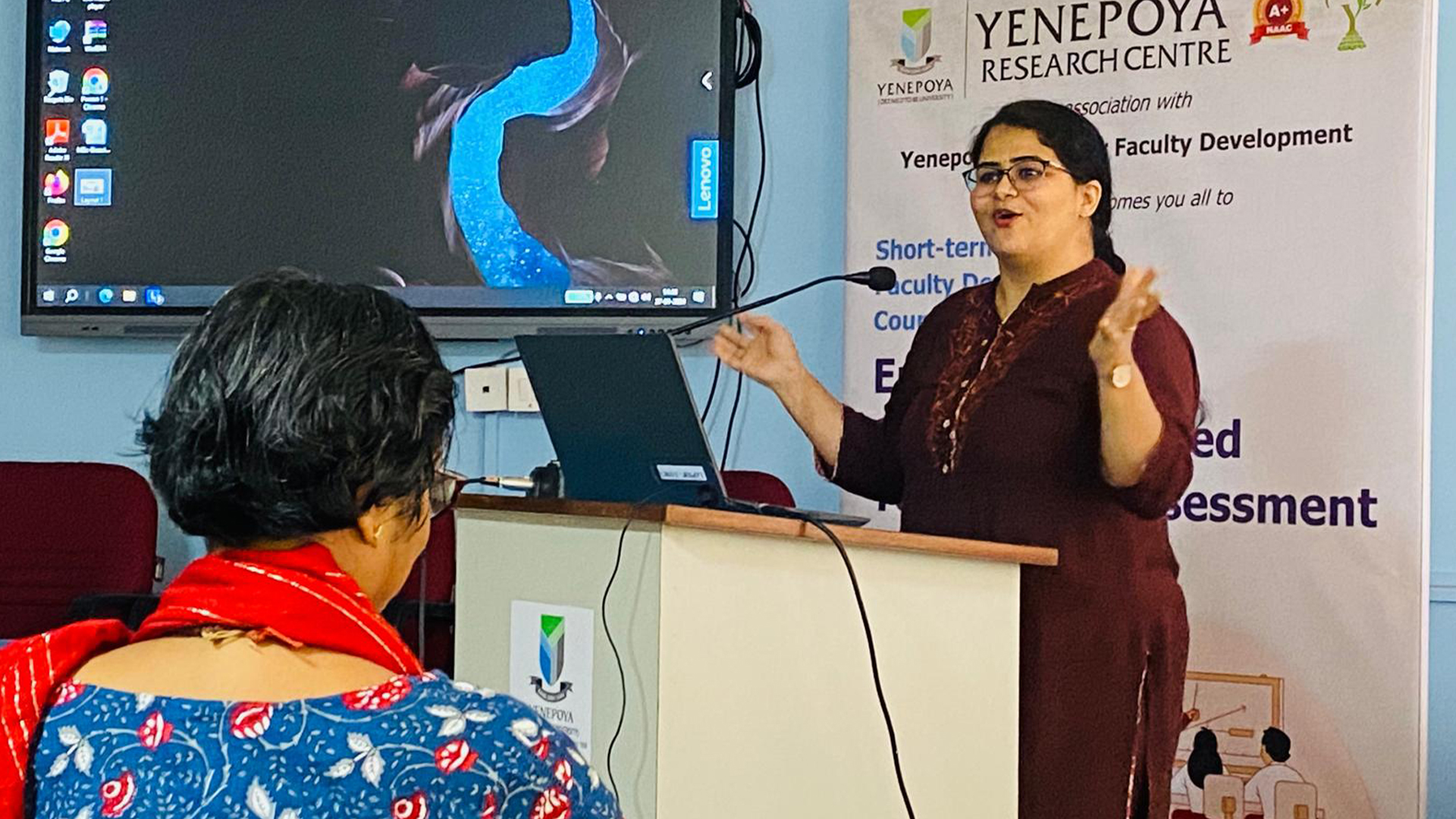
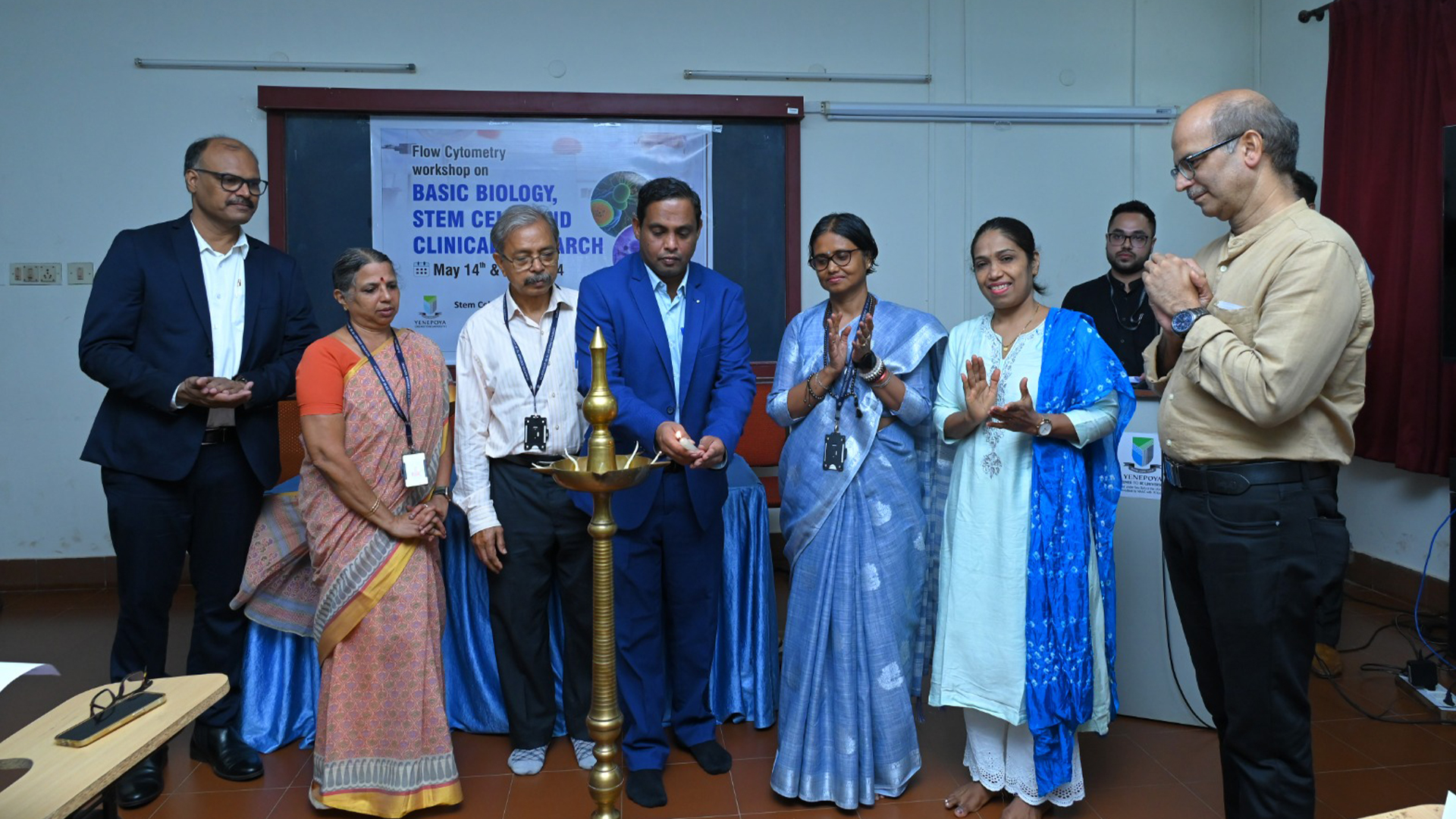
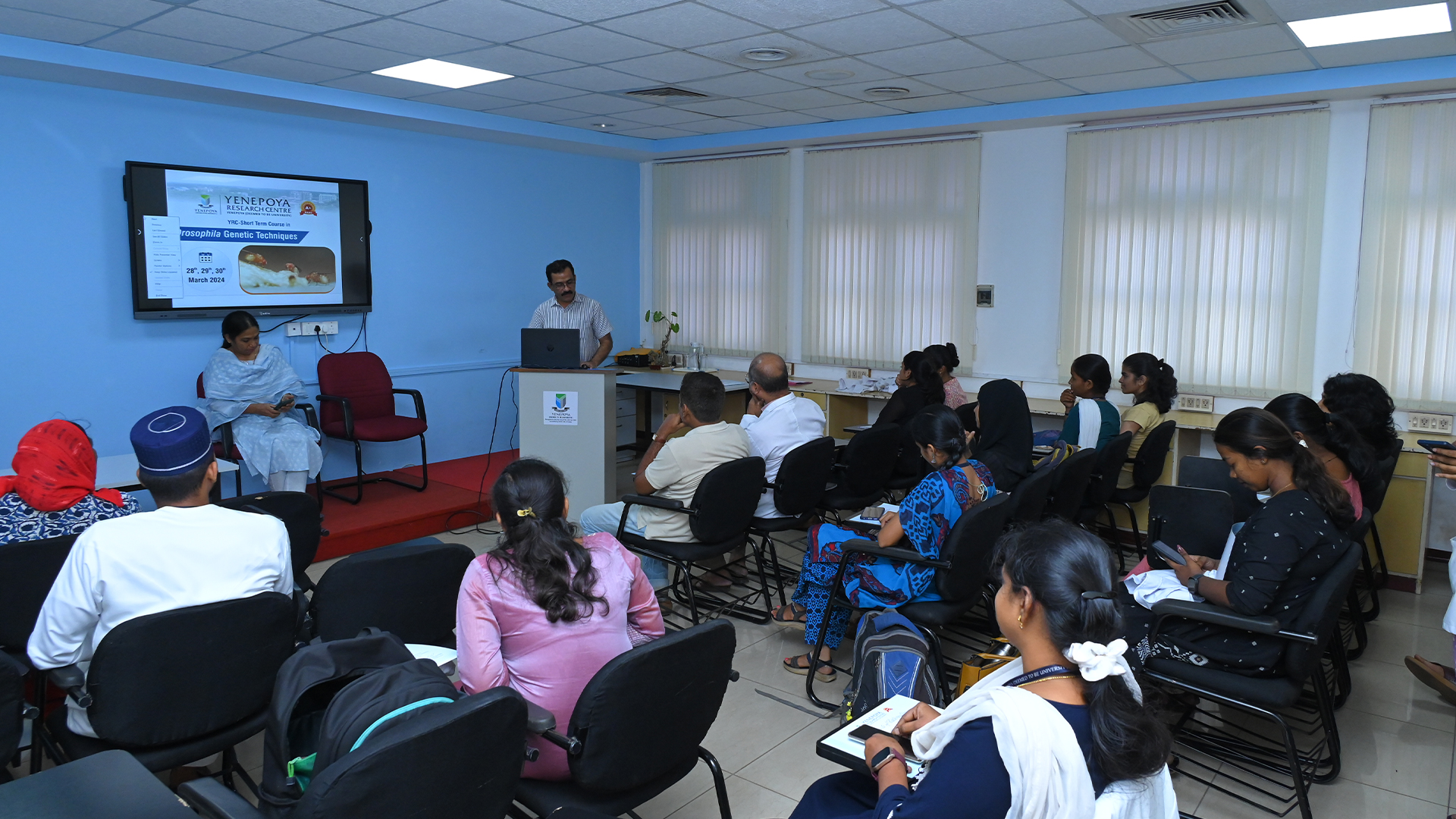
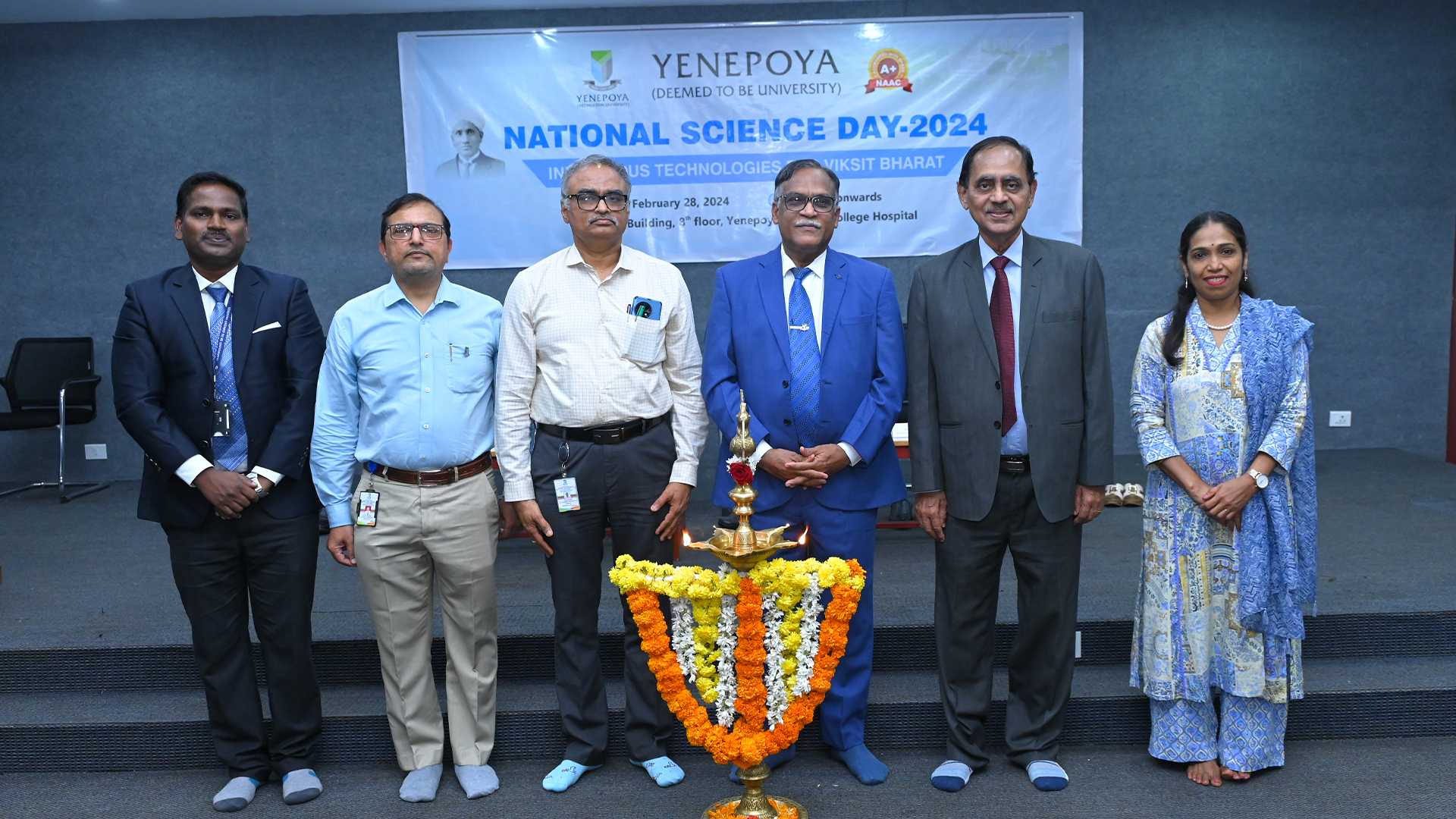
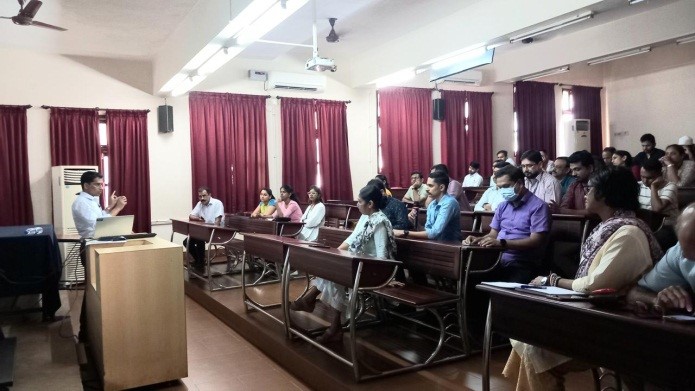
.jpg)
